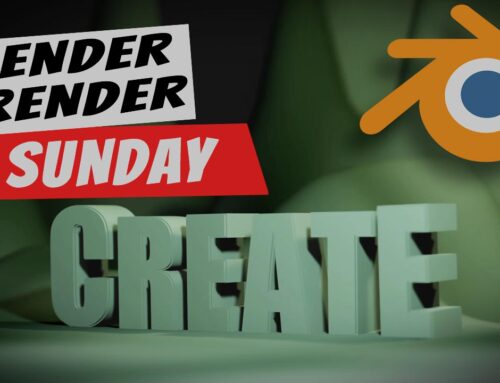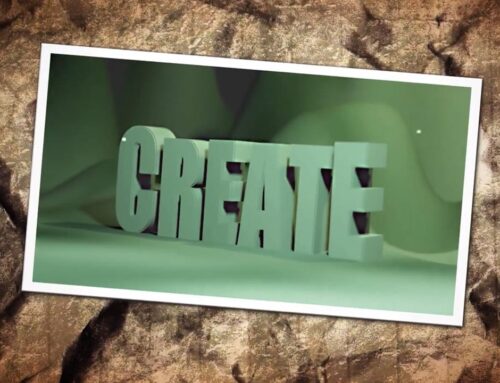The reasons why people create can vary greatly, and are often deeply personal. Here are a few common reasons why people might engage in creative activities:
- Self-expression: For many people, the act of creating is a way to express their thoughts, feelings, and experiences in a way that words cannot fully capture. Through art, music, writing, or other creative pursuits, they can convey emotions and ideas that might be difficult to express otherwise.
- Relaxation and stress relief: Engaging in creative activities can be a great way to unwind and de-stress. Many people find that they feel more relaxed and centered when they are able to immerse themselves in a creative project.
- Personal growth and learning: Creating something new can be a powerful learning experience, allowing individuals to develop new skills and explore new ideas. The act of creating can also help people to gain new insights into themselves and the world around them.
- Connection with others: Creative activities can bring people together and foster a sense of community. Whether it’s collaborating on a project with others or sharing their work with an audience, many people find that creating helps them to connect with others in meaningful ways.
- Professional or practical goals: For some people, creating is a way to achieve professional or practical goals. This might include creating a product or service that solves a problem, developing a new skill that can be used in a career, or creating art that can be sold or exhibited.
The act of creation involves using your imagination, creativity, and skills to produce something that is new and original. It often requires a combination of inspiration, planning, and execution to bring the idea to life.
In a broader sense, the word “create” can also be used to describe the act of initiating or causing something to happen. For example, a leader might “create” a new initiative within their organization or a scientist might “create” a new theory based on their research.
The act of creating involves using your abilities to produce something that has not existed before, whether it be a physical object, an abstract concept, or a new way of thinking.
Where did the word CREATE came from?
The word “create” has its roots in the Latin language. The Latin word “creare” means “to produce, bring forth, or make.” The word “creare” is derived from the Proto-Indo-European root “ker,” which means “to grow, to become.”
Over time, “creare” was adopted by various languages and evolved into different forms. For example, in Old French, “creer” meant “to create” or “to make,” and in Middle English, it became “creat.” Eventually, the word “create” came into use in Modern English and has been used to refer to the act of bringing something into existence, whether it be a physical object, an idea, a work of art, or something else entirely.
The concept of creation has been central to many cultures and religions throughout history, and the word “create” has been used to describe the actions of gods, deities, and other powerful beings. Today, the word is used in a variety of contexts, including art, design, technology, and business, to describe the act of bringing something new and unique into being.








